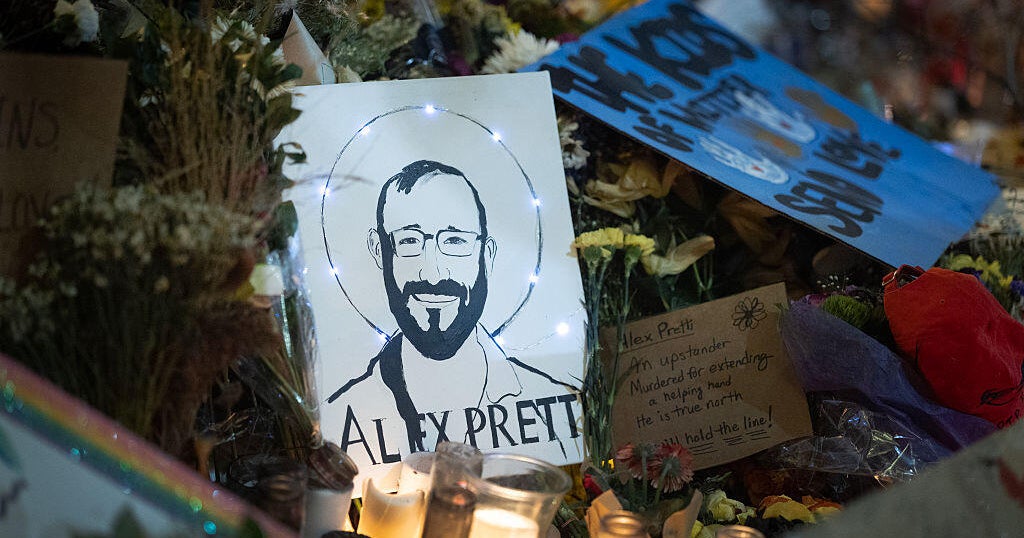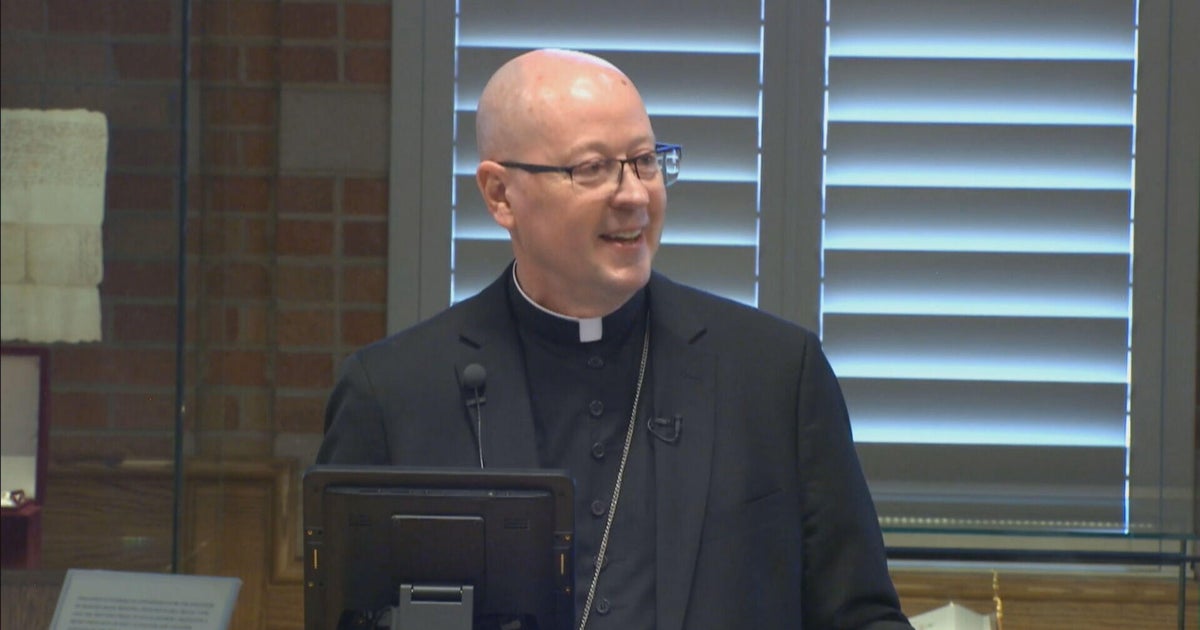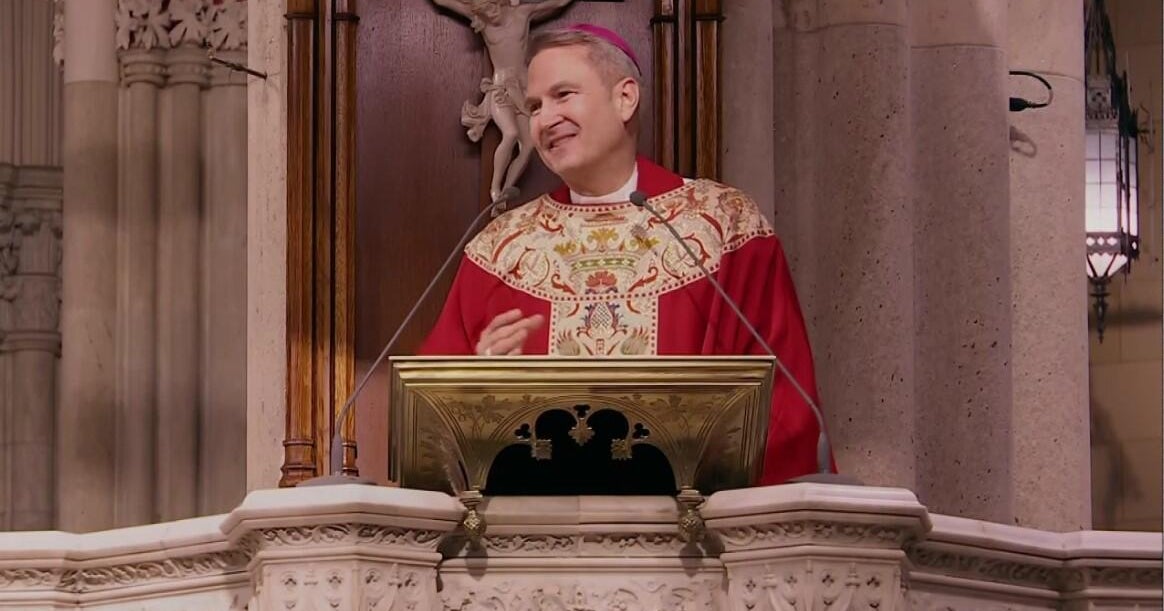Good Question: Why Do We Keep Predicting The End?
MINNEAPOLIS (WCCO) -- Have you packed your bags?
Friday, Dec. 21, 2012 --- some observers around the world think -- will be the end of the world.
But what are the chances of the world ending Friday, because of the end of the Mayan calendar?
"Zip, nothing is going to happen," said John Watkins, a professor who explores apocalyptic literature, history and politics at the University of Minnesota.
So why do people keep predicting an end?
"The apocalypse can promise clarity, immediate explanation of everything that's been hidden, and it can promise justice," Watkins said.
Apocalyptic predictions go back to the Bronze Age -- thousands of years before the birth of Christ.
"They have always been wrong," Watkins added.
Remember the 2011 billboards calling for Judgment Day? It never came.
"It seems to happen when there's a group of people threatened by a new technology," Watkins said.
But preparing for the end isn't always bad. Take Civil War abolitionists.
According to Watkins, they believed they had to make the world perfect in order for Jesus to come back, and that meant ending slavery.
The end of the world is also an attractive narrative for writers, video game makers, filmmakers, and for doomsday predictors.
"God will intervene. Your enemies will be stricken down. That is amazingly appealing," Watkins added.







